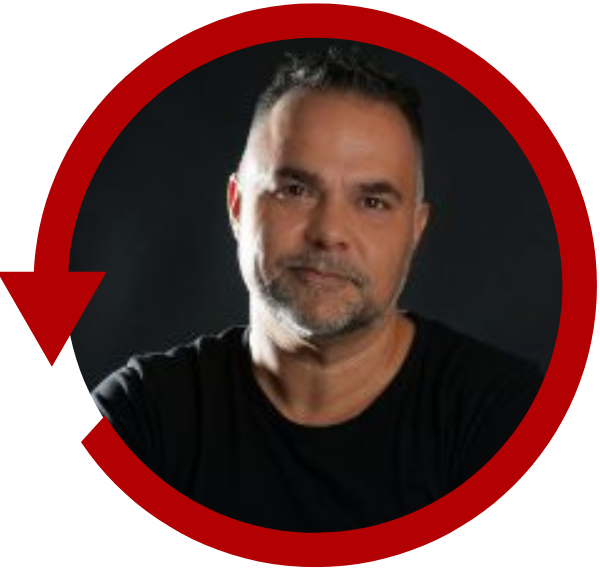Fractal organisations – flight levels for scaling and enterprise agility
- Track B - Flora
- 17:45 - 18:30
- Dr. Andreas Rein
- Talk
- Englisch
Description
The steampunk organisation follows a traditional and classic hierarchical model that is characterised by clearly defined levels and strict superiority and subordination relationships. This structure is strongly adapted to its specific, often long-term requirements, but proves to be less flexible and adaptable in a fast-moving and constantly changing world. In an era characterised by rapid technological advances and continuous change, the lack of flexibility and dynamism of this form of organisation is proving increasingly problematic. The inability to adapt quickly to new circumstances or unforeseen challenges can be a long-term disadvantage for such an organisation.
In stark contrast to this is the metanoia organisation, which has a flexible, adaptable structure based on the principles of neural networks and fractal mathematics. This form of organisation is characterised by a network structure that not only adapts dynamically to changes and new requirements, but also continuously improves through use. Self-similarity and recursion, central elements of fractal geometry, enable the organisation to react agilely and proactively to changes. These properties form an ideal breeding ground for agile working methods that emphasise flexibility, rapid adaptability and continuous improvement.
The functional unit within the metanoia organisation does not have to be designed artificially or with great effort. Instead, these units develop and change organically and evolutionarily, similar to growth and development in natural systems. This organic development process creates optimal conditions for the implementation of modern organisational practices such as Objectives and Key Results (OKR) and Flight Levels. These tools and methodologies not only find their application in the flexible and adaptive structure of the metanoia organisation, but also their logical and organic basis, which significantly promotes the performance and innovative strength of the organisation.

Dr. Andreas Rein
Flow Maker. Flight Levels Guide®. LEAN Agile Coach. Author. Critical Empiricist.
I am an expert in agile transition and organisational development. My work focuses on modern management methods and the design and embedding of agile and hybrid methods in corporate cultures. After working as „Head of Development and E-Commerce“, „Product Manager Billing Systems“ and „Product Manager Search“, I worked for various consulting and software companies in the areas of project, product and process management before deciding to become self-employed in 2009. I support teams and organisations in a wide variety of business contexts – since 2012 almost exclusively in agile environments.
I studied Information and Communication Management with a degree in Computer Science (FH) in Darmstadt, Business Administration with a Master in Business Administration (MBA) in Hamburg, Business Law with a Master in Commercial Law (LL.M. (Com.)) in Gießen, Kaiserslautern and Saarbrücken and Business and Communication Psychology with a Master of Science (MSc.). I was also awarded a Doctorate in Business Administration from Heriot-Watt University in Edinburgh for my research in the field of agile leadership methods.
I am an accredited Flight Levels Guide, Kanban Coaching Professional (KCP), Accredited Kanban Trainer (AKT), Enterprise Kanban Coach (EKC) and LEAN Six Sigma Master Black Belt. I also hold a Master’s Certificate in Project Management and an Associate’s Certificate in Agile Practice from George Washington University, Washington, DC.
I am the author of the book ‚Steampunk Economics‘ and co-author of the book ‚How to create innovation‘
Despite or perhaps because of my theoretical background, I emphasise pragmatism and applicable solutions.
Sichern Sie sich jetzt Ihr Ticket!
Wir freuen uns, Sie auf der Agile Austria Conference 2025 begrüßen zu dürfen.
